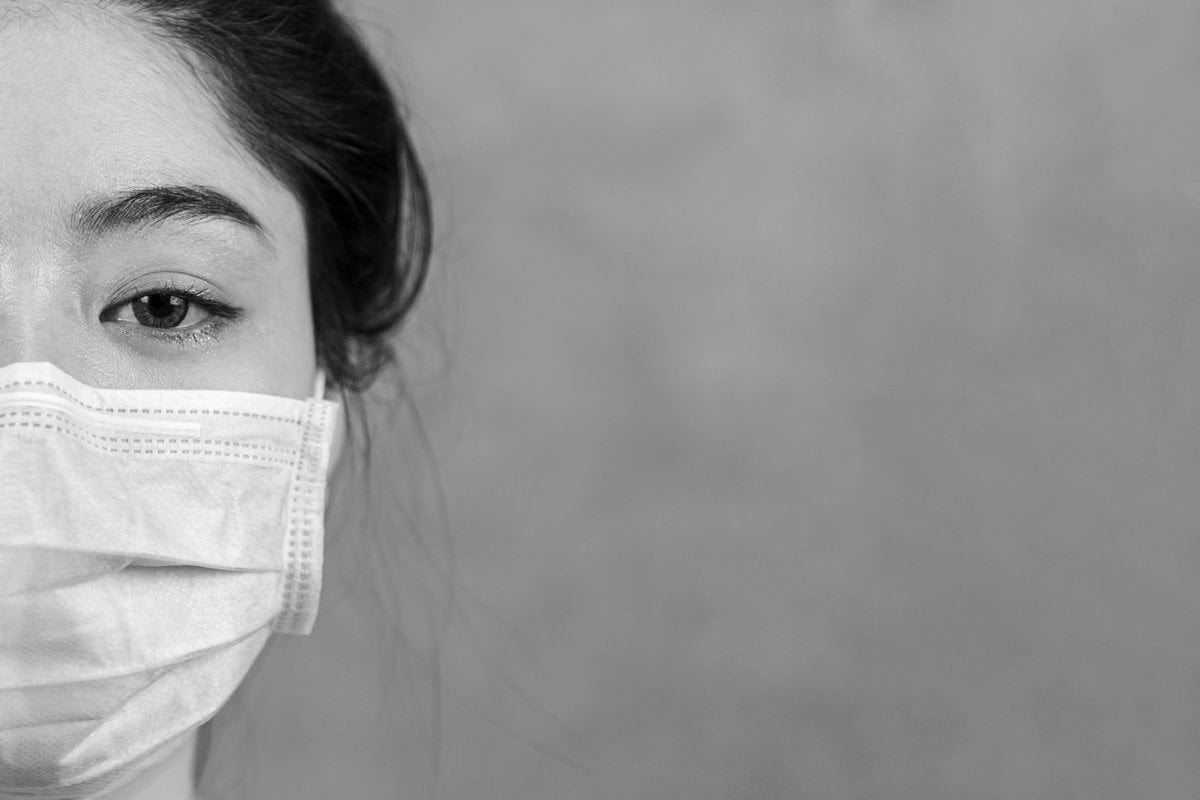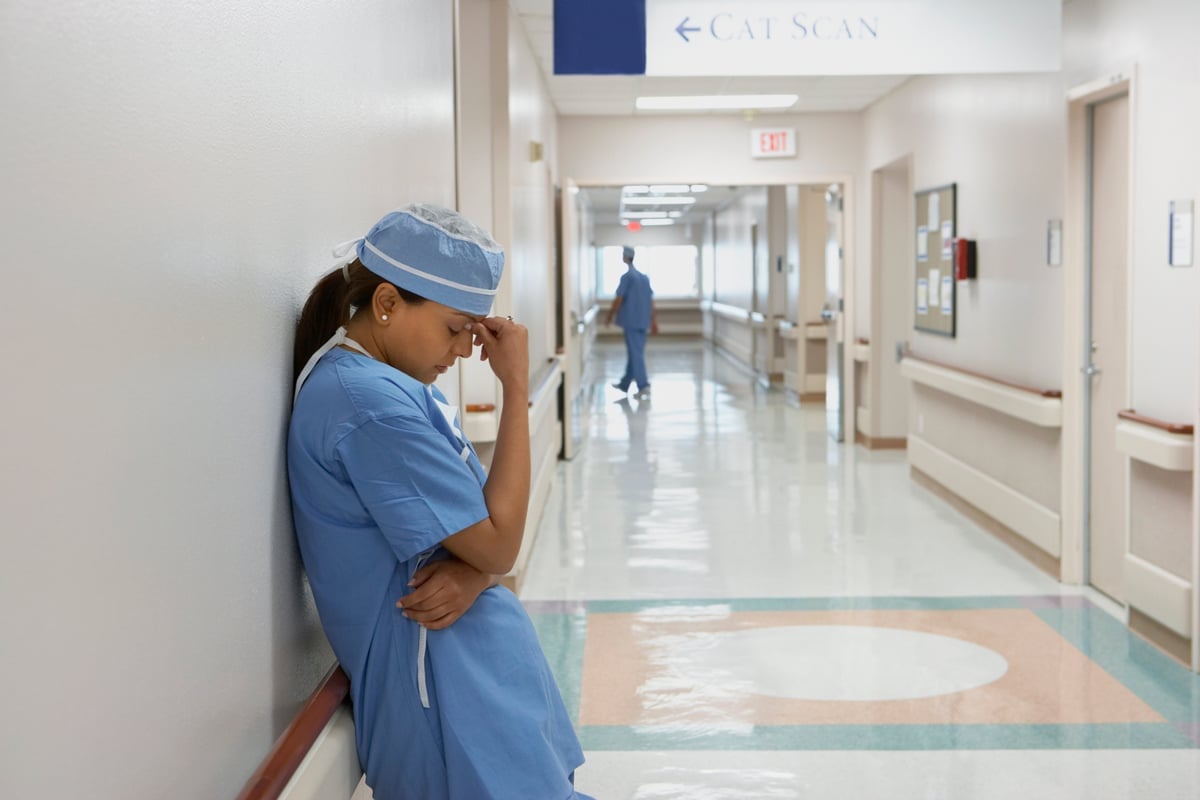
Tenille* hasn’t had a break. She’s barely had a sip of water or a bite of her cold lunch. Her personal protective equipment is heavy. The early signs of a headache are creeping in. She has 10 things she needs to do and all of them are high priority. She only has time to do five of them - and even then, she knows she isn’t providing the quality care each patient deserves.
“OK, I'm going to work myself to the ground until I have a migraine or until I have a panic attack,” Tenille remembers telling herself on numerous occasions.
In the maternity wards of one of Melbourne’s public hospitals, 24-year-old Tenille works as a junior midwife. After studying for five years to get her dream job, she’s worked here since February 2020.
But she never expected it to be like this.
On this particular day, a new mother has just welcomed her first child into the world via a caesarean birth. As a midwife, Tenille knows giving birth is not just a physical process, but an intensely emotional one as well. She is trained to facilitate that important bonding time between a mother and their newborn.
But on this day, Tenille could not let the new mother hold her baby. She has to separate the baby from the mother not because of pandemic restrictions, but because of understaffing.
Tenille had to be with another woman who was suffering complex health issues after a pregnancy loss. It wasn’t clinically safe for Tenille to leave this patient, which meant she couldn’t bring the newborn to her other patient, the new mother.


Top Comments